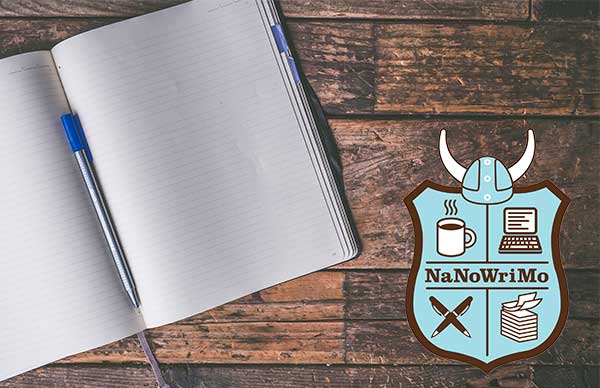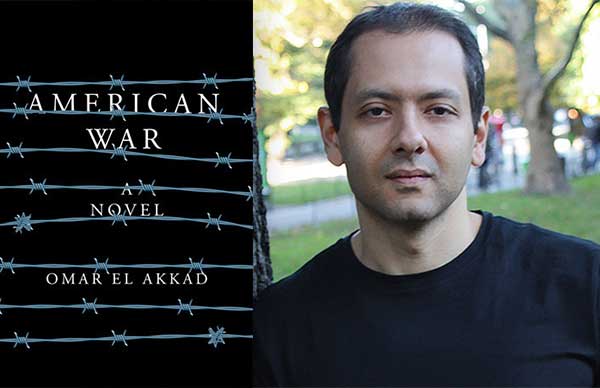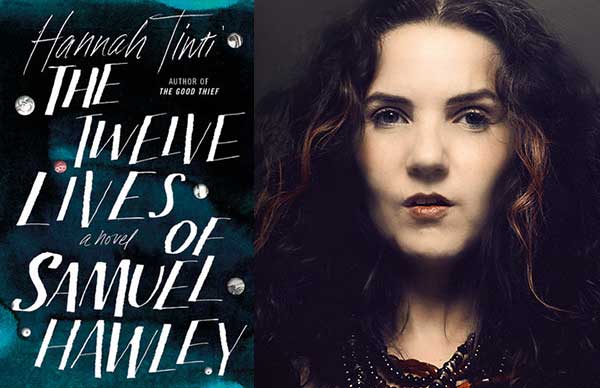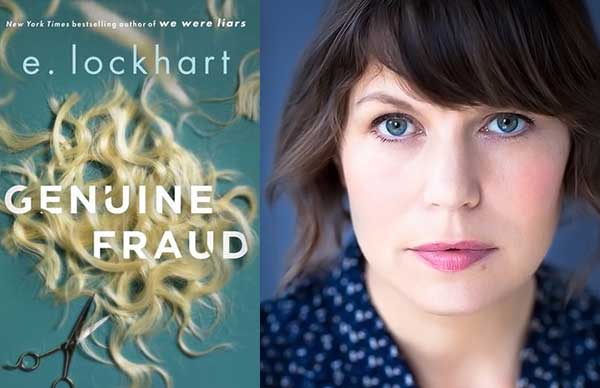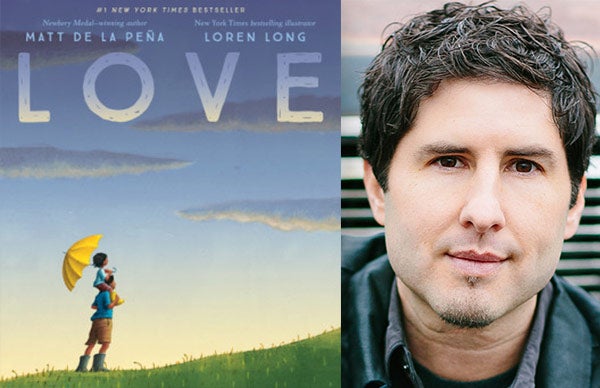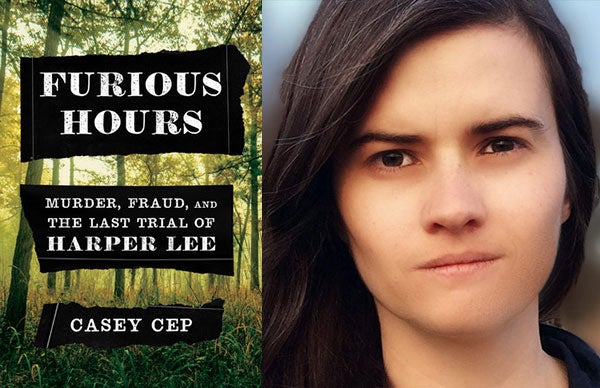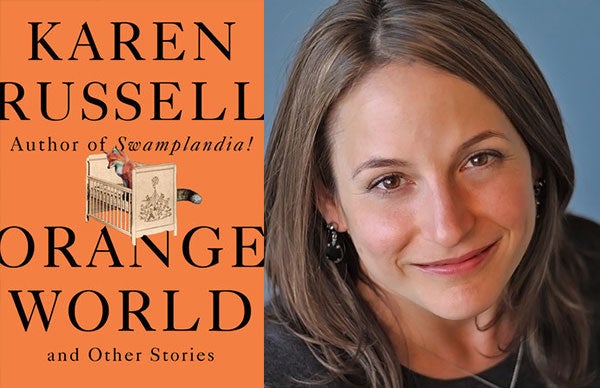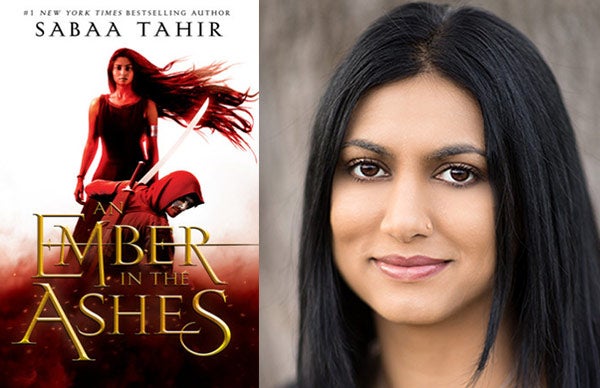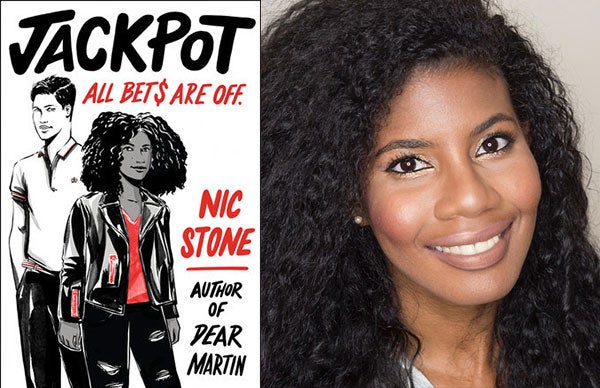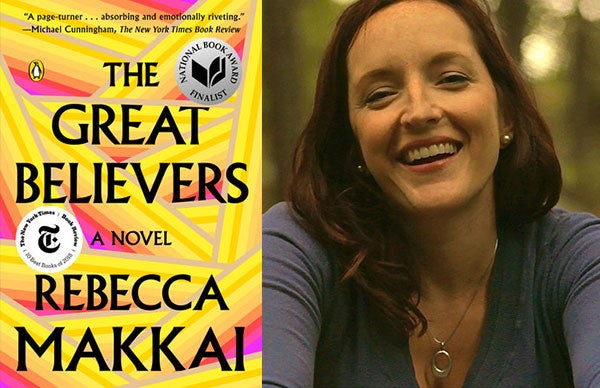National Novel Writing Month (November 1-30) inspires aspiring writers to finally tackle writing a novel—and to do it in only 30 days. Hundreds of thousands of “NaNoWriMo” participants have been motivated by clear goals and a hard deadline to tell their own story, making this the perfect time of year to solicit advice from the best literary minds of today. Below, these Penguin Random House Speakers Bureau authors share insight into their writing process, and how budding writers can hone their craft.
1. Omar El Akkad, author of American War
Find a quiet place.
“My chief recommendation for the numbing work of putting a novel together is daily, self-imposed silence – prolonged periods of doing nothing, simply sitting alone and thinking about the world in which the story takes place.”
Read more from this interview with Omar El Akkad here.
2. Hannah Tinti, author of The Twelve Lives of Samuel Hawley
Do as little research as possible.
“One of the best bits of advice I ever got about writing fiction was from E.L. Doctorow. He said to do as little research as possible in your first draft. ‘We’ve all seen enough movies to fake a time period,’ he said. ‘Otherwise your research will end up driving the narrative, instead of your characters.'”
Read more from this interview with Hannah Tinti here.
3. Erin Morgenstern, author of The Night Circus and The Starless Sea
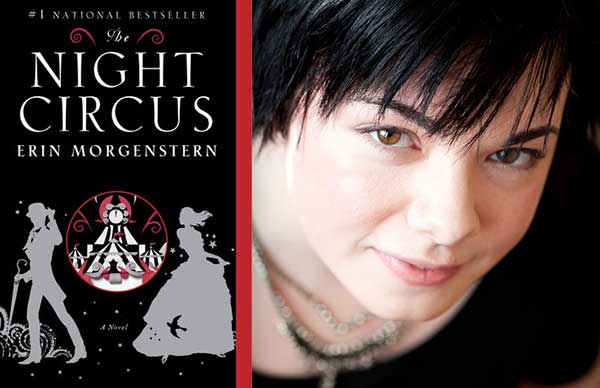
Never delete anything, and if possible, get a head start.
“Never delete anything. If you can’t stand to look at it, change the font to white and keep going.
If possible, get a running start. It gives you flexibility for later in the month when you desperately need to do something, anything that doesn’t involve writing once in a while.”
Fact: The Night Circus started out as a NaNoWriMo project!
Read Erin Morgenstern’s full NanoWriMo pep talk here.
4. E. Lockhart, author of Genuine Fraud
It’s better to write just one page than to write nothing.
“Don’t try to write a great novel. Don’t try to write a good novel. Don’t try to write a decent novel. Don’t try to be witty, beautiful, deep, thrilling. Just write a page. Today. A stupid page. You can fix it later. It is better to write a stupid page than nothing.”
Read more advice from E. Lockhart on Buzzfeed.
5. Olivia Gatwood, author of Life of the Party
Raid your memory palace for inspiration…
“If we allow ourselves to look at our memories, and instead of insignificant or unrelatable, think of them as a museum, an archive of moments that, regardless of size, have equal weight; this is where we find the poem.”
Watch Olivia Gatwood’s TEDx talk, “We Find Each Other in the Details.”
6. Matt de la Peña, author of Love
…or the world around you.
“Listen more, talk less. You almost don’t even need to come up with your own stories because they exist in the world. Like, sometimes I view what I do as not even writing books, it’s just plagiarizing the world.”
Watch this video for more advice for aspiring writers from Matt de la Peña.
7. Casey Cep, author of Furious Hours
Read, read, and read some more.
“Oh, how often does one hear: read more than you write? Probably not enough, so there: read more than you write. And not just blogs or whatever thing is making its way around the internet; read something old, something wise, something that has been read for centuries.”
Read more from this interview with Casey Cep here.
8. Paula McLain, author of Circling the Sun
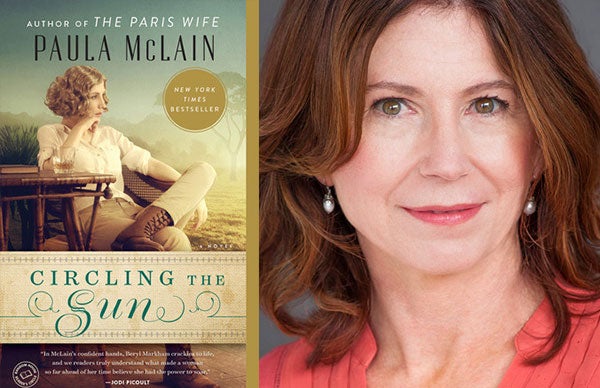
Write every day, and stick to a deadline.
“I think it was [author] Nora Roberts who said this phrase: ‘A** in the chair.’ That’s what it takes. You have to sit down and do it. And on some days it feels like moving solid granite, and some days it’s like magic, but you still have to sit in the chair and see it through and do it anyway, and do it when ‘no’ comes your way and when no one else cares.”
Read more from this interview with Paula McLain here.
9. Karen Russell, author of Vampires in the Lemon Grove and Orange World
You’re going to need to revise anyway, so just have fun with your first draft.
“You will almost definitely have to revise, and likely even fully rewrite, whatever story you are pursuing right this moment. There will be time aplenty to refine your sentences, to smooth out narrative pleats. This month, why not go ahead and follow your pleasure? Now I’m plagiarizing the Magic 8-Ball, but believe me: More will be revealed. Go ahead and give yourself that mystic pep talk. The practice of letting go, of seeing where your own curiosity leads you, can only benefit your novel as a whole.”
Read more of Karen Russell’s NaNoWriMo pep talk here.
10. Sabaa Tahir, author of An Ember in the Ashes
Share your work with trusted friends and readers.
“Show your work to people. Recently, I fell into an old (bad) pattern. I’d written 50 pages of something and was certain it was horrible, but hadn’t actually shown pages to anyone. Don’t do that! Find trusted readers amongst writer friends, and get feedback.”
Read more from Penguin Random Houses’s interview with Sabaa Tahir.
11. Nic Stone, author of Dear Martin and Jackpot
Remember—you don’t actually have to start at the beginning.
“I read a book a few years ago, called The First Five Pages, about starting in medias res, as things are happening. When I was starting out, I wanted to layer in a bunch of backstory in the beginning as a means of situating the reader. You don’t need to do that. You have to trust your reader, and starting with action is really the best way to do that.”
Read more of Nic Stone’s interview with Writer’s Digest here.
12. Charlaine Harris, author of the Midnight, Texas series
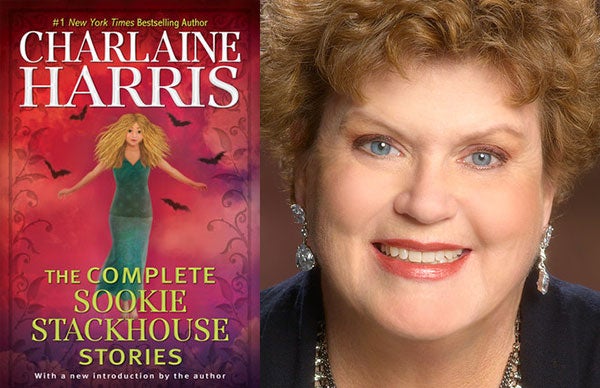
Don’t be too precious with your characters.
“Personally, I always kill someone. This enlivens the plot every time, and I get to write another ‘finding of the body’ scene, which is one of my favorites. I have never found a body in real life, but I have found dozens on the page, and every time, I get a creative charge from it. This may not be a particularly attractive aspect of my character, but hey! I’m amongst other writers, and I can tell you the truth.”
Read more of Charlaine Harris’s NaNoWriMo pep talk here.
13. Gayle Forman, author of If I Stay
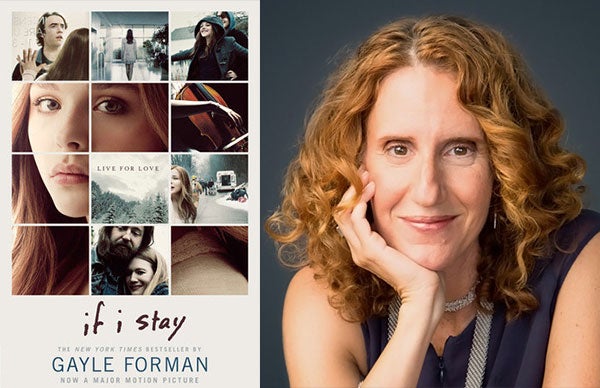
Momentum breeds momentum.
“When it comes to writing, faith can get you started, but it won’t necessarily keep you going. The faith that you need to write a novel is constantly tested—and reinvigorated—by the act of writing one. You’ll be sitting at your computer one morning, with no clear of idea of where a character is going or what she’s going to do. And then she’ll show you. And you will follow. And your excitement in the process will be redoubled, and along with it, your faith. But that can only happen if you’re writing.”
Read the rest of Gayle Forman’s NanoWriMo pep talk here.
14. John Green, author of Turtles All the Way Down
Finish what you started.
“At this point, you’ve probably realized that it’s nearly impossible to write a good book in a month. I’ve been at this a while and have yet to write a book in less than three years. All of us harbor secret hopes that a magnificent novel will tumble out of the sky and appear on our screens, but almost universally, writing is hard, slow, and totally unglamorous. So why finish what you’ve started? Because in two weeks, when you are done, you will be grateful for the experience. Also, you will have learned a lot about writing and humanness and the inestimable value of tilting at windmills.”
Read John Green’s NaNoWriMo full pep talk here.
15. Rebecca Makkai, author of The Great Believers
Remember your primary goal is to tell a story.
“When you first start out, you can get so caught up in wanting to sound like a writer, and wanting to describe things beautifully, that you can forget no one is even going to listen to what you have to say unless you have a fascinating story to tell. Everything else – the schedule, the revisions, whatever rain dance you have to do before you sit down in your chair – is so individualized to the writer; but the story-telling part is essential and universal. And, weirdly, so easily neglected.”
Read more from Rebecca Makkai’s interview with She Writes here.
16. Diana Gabaldon, author of the Outlander series
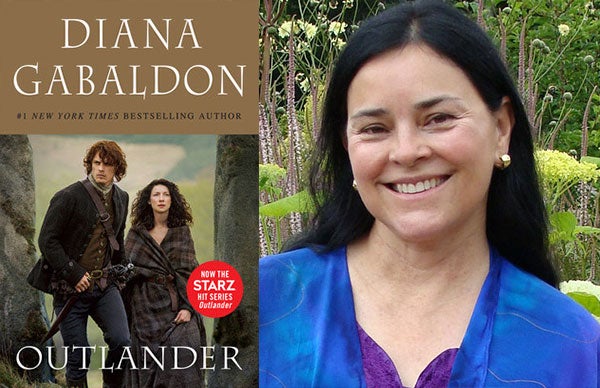
At the end of the day, you do you.
“Anyone educated in the art of composition in the Western Hemisphere at any time in the last hundred years was firmly taught that there is One Correct Way to write, and it involves strictly linear planning, thought, and execution. You Must Have a Topic Sentence. You Must Have a Topic Paragraph. YOU MUST HAVE AN OUTLINE. And so forth and so tediously on…
Got news for you: You don’t have to do it that way. Anything that gets words on the page is the Right Thing to Do.”
Read the rest of Diana Gabaldon’s NaNoWriMo pep talk here.
